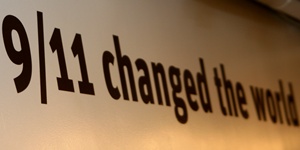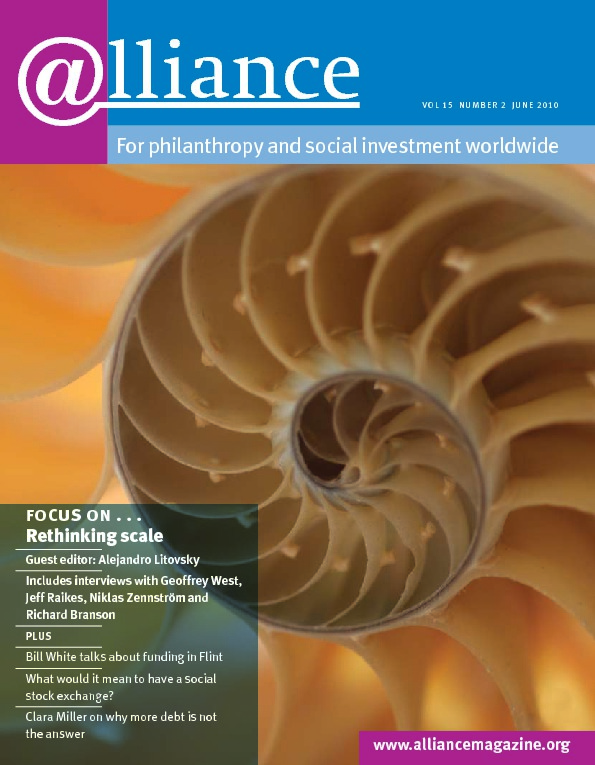 Despite Barack Obama’s distancing himself from the language of the ‘war on terror’, its heritage remains, creating challenges for international development aid and civil society actors. Aid has become increasingly linked to security and to the defusing of tensions seen by western politicians as likely to mature into terrorist activity.
Despite Barack Obama’s distancing himself from the language of the ‘war on terror’, its heritage remains, creating challenges for international development aid and civil society actors. Aid has become increasingly linked to security and to the defusing of tensions seen by western politicians as likely to mature into terrorist activity.
Bilateral donors have increasingly focused on ‘fragile states’, sometimes deploying ‘soft’ measures such as increased support to education sectors in Muslim majority countries. The post-9/11 global security regime has also affected the way governments and donors relate to civil society.
Islamic charities, international NGOs working in the Middle East and/or conflict areas, and Muslim communities and their organizations are among those that have come under the direct gaze of security agencies. For such groups, funding is often harder to come by because of the perceived risk that civil society organizations might be vehicles for the pursuit of terrorism. At the extreme end, USAID has introduced Anti-Terrorist Certificates that recipients of US funds abroad are required to sign. Since 2007, it has piloted in its Palestine programme a partner vetting system that requires grantees to submit personal information about key personnel, which is then checked against an intelligence database.
Under the ‘soft’ approach, CSOs have come to be seen almost as another arm of the security effort, which aid workers say has compromised their neutrality and independence and increased the physical risk they run. According to the UK’s Overseas Development Institute, 122 aid workers were killed worldwide in humanitarian interventions in 2008-09, the highest figure in 12 years. Most were killed in Sudan, Somalia and Afghanistan. Finally, counter-terrorist measures are invoked to silence dissent and to bully already-persecuted groups. Overall, the use of counter-terrorism measures has led to the ‘normalization of the exceptional’, whereby legitimate protestors are detained under ‘exceptional’ counter-terrorist legislation.
It is time for international development and civil society actors to reflect seriously on the challenges that post-9/11 global security measures have created for them and think more strategically about how best to engage with them.
Jude Howell is Director, Centre for Civil Society at the London School of Economics. Email J.A.Howell@lse.ac.uk
Further reading
See Jude Howell and Jeremy Lind (2009) Counter-terrorism, Aid and Civil Society: Before and after the War on Terror (Palgrave Press) and Howell and Lind (eds) (2010) Civil Society Under Strain: Counter-terrorism policy, civil society and aid (Kumarian Press).
To read the full version of this article, go to https://www.alliancemagazine.org/en/content/civil-society-aid-and-security-post-911-challenges-and-dilemmas






Comments (0)